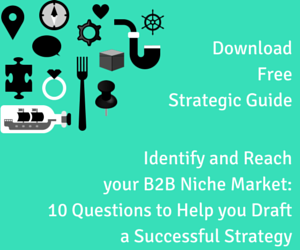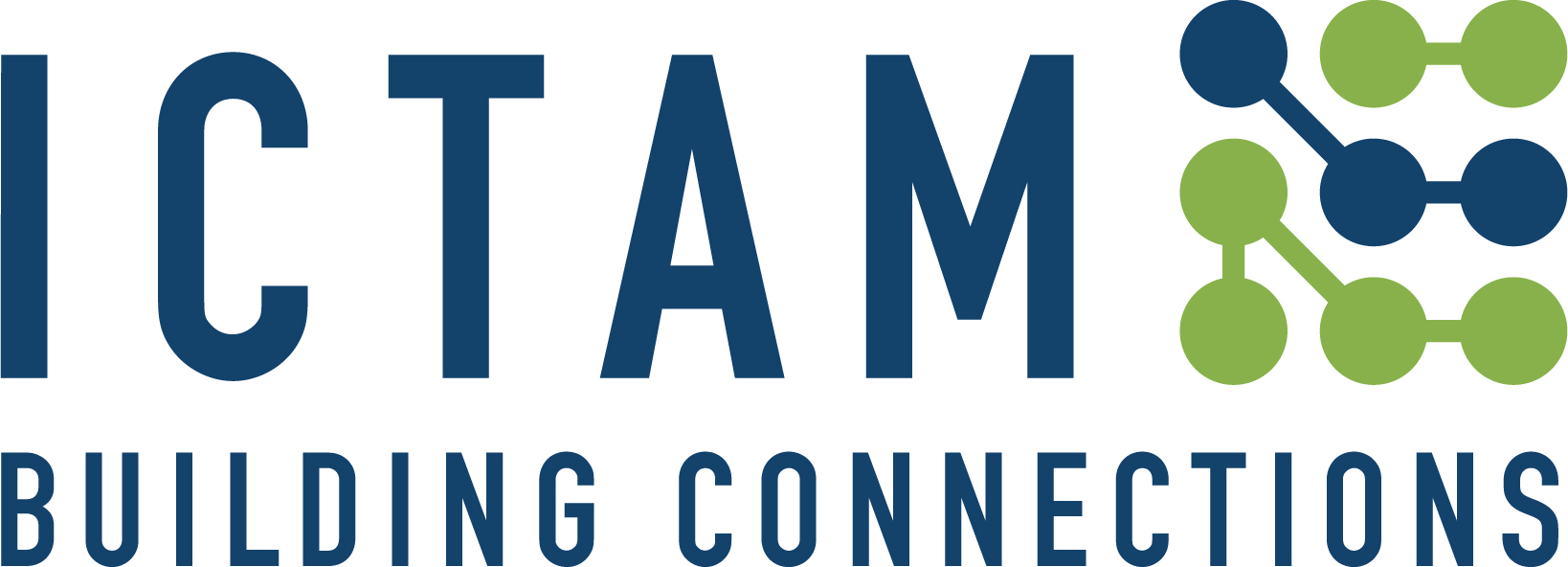This article on content marketing for technical companies is not the first of its kind. Yet there are still far too many technically-savvy minds and companies not embracing the power of content marketing for its use in successfully connecting and selling to technical audiences.
As an expert in your field, you understand the specific needs and challenges experienced by your clients in their different B2B niches. Creating specific content and demonstrating your understanding in solutions to meet their needs are the founding elements of a successful content marketing strategy for technical companies.
The more you display your mastery and proficiency, the more ground you gain as a recognized authority in your field. Sharing your expertise is the best way to demonstrate your expertise for both the market audience in general and your particular clients.
A sea of authors has addressed this topic of “content marketing” in both text and online publishing. How and why is content marketing relevant to companies seeking to connect with highly-technical audiences?
The Astute, Sales & Marketing-Avoiding Prospect Wants Facts
Technical audiences are made up of engineers, scientists and researchers who are skeptical, astute, highly-educated and well-versed about a variety of popular marketing techniques. They are also easily put-off by the sights and sounds of standardized marketing techniques.
These audiences have challenges that require specific solutions. They understand their problem and, as they search for a solution, don’t want to get distracted from the facts. They need clear and concise information. While it is very important to frame your solution with a professional presentation that is also attractive to the eyes, bells and whistles should not be the focus for this audience, as it can quickly turn away potential clients.
Technical companies should move away from marketing-oriented messages that talk about services, uniqueness, innovation and cutting-edge solutions. These concepts are too used. They won’t move the needle as corporate buyers of technical solutions are rational buyers. Their transactions are, most of the time, expensive and deliberated, rather than immediate or based on impulse. Peer advice, at the same time, has an important weight. It is a fact that, today, there is not just one buyer who’s in charge of the purchasing decision, but a whole team. The right purchasing decision has a huge impact on a company. This is one of the many reasons why buying cycles within B2B take so long.
When deciding to purchase, there are many factors that clients must take into consideration, and the cost is just one of them. Others are the time involved, the analysis of whether to buy, what to buy and from whom to buy it. The buying cycle is no longer a linear process. At the same time, and depending upon their role, buyers have various shades of interest. Some buyers are interested in product safety, others care about the financial implications of the purchase, while still others are worried about the liability risks. Then there’s the group concerned about analyzing the product’s actual technical capabilities. Depending upon where the company is in the buying cycle, their perspective and their interest in your solution, it’s difficult to ascertain who’s trying to understand options and who’s trying to determine the finalists before signing the contract. Keep these different buyers in mind when you define which content you will use. Your marketing strategy must reflect your understanding of who the content is for and why they should be interested in learning anything from you.
Using Content Marketing to Share Knowledge, Stand Out and Showcase Your Expertise
Once you understand your target market and their challenges, it’s time to create marketing materials that respond to these needs throughout the different stages of the buying cycle:
- Awareness: A group of prospects trying to understand their problems and potential solutions. This group is just getting their feet wet in the field, so they will be most interested in an overview-type of marketing content.
- Consideration: People with a clear understanding of their problem. They are searching for companies with customized solutions and benefits to fit their needs.
- Decision: This group is ready to make a purchasing decision. These corporate buyers have identified their short list of providers but need to decide between them. This group will need an in-detail type of content.
- Nurturing: Your clients, those people who have already tested your solutions and appreciate the benefits provided to them, should also be taken into consideration within the context of a content marketing strategy. To serve them best, offer tools that make the most of using your solutions. Keep these clients up-to-date with the trends and features that will make them even more profitable and/or optimize their performance. More than anything, the content you prepare for them must maximize their loyalty to your business. This particular content must also convert them into advocates for your solution so it’s easier for them to make recommendations to their colleagues and peers.
This variety of groups with their own particular needs means that your organization must work hard to create content specific to its audience. Your mix of materials must satisfy the educational and understanding needs of your niche market throughout every stage of the buying cycle.
At the same time, you must remember that different people learn information in different ways and prefer different forms of content. A solid content marketing strategy should include the creation of a number of different pieces that all target the same micro-segment. This strategy should incorporate different levels of depth and formats – short articles, long articles, videos, webinars, brochures, informational sheets, white papers, podcasts, blog posts, ads, etc. The list is endless.
Quite often, people ask me whether or not I write the marketing content for my clients. The truth is that the clients of my clients, who are looking for subject-matter experts, don’t appreciate content created by marketers. B2B niche technical audiences value content provided by experts. Unfortunately, the time needed for a technical expert to create marketing content is limited.
Your Subject-Matter Expert Needs to Wear a New Hat
While it is a challenge to dedicate a subject-matter expert to work side-by-side with Marketing to create high-value content, if a company’s priority is to connect with technical audiences, then they should seriously consider it to be an option. Such technical audiences will appreciate the value of high-quality content prepared by an expert in the field.
In addition, the combination of a subject-matter expert and Marketing working together to create content means that Marketing has to be incredibly effective and efficient with its use of the expert’s time. Technical companies, usually lead by engineers and scientists, are generally reluctant to hire senior marketing professionals. The result is that these companies rely on a junior, inexperienced marketer who is unlikely to be the right choice for leading the marketing efforts at highly-technical businesses. Businesses don’t hire trainees, interns or summer students when designing new key product features. These entry level professionals are better-suited for performing operational marketing tasks or implementing marketing plans rather than designing and implementing strategic marketing plans. This is why so many marketing plans fail, despite the well-crafted marketing.
Remember, your highly-technical, well-educated but skeptical audience is smart. But your company is best-in-breed. So show them why.
When industrial manufacturing/technology/scientific companies focus on the right, targeted niche markets, they discover many advantages: (1) the company can dominate the specific niche market, (2) the company can become the expert and go-to specialist, and (3) niche markets are less sensitive to pricing.
Want to learn more? Check out our free strategic guide: “Identify and Reach your B2B Niche Market”.






